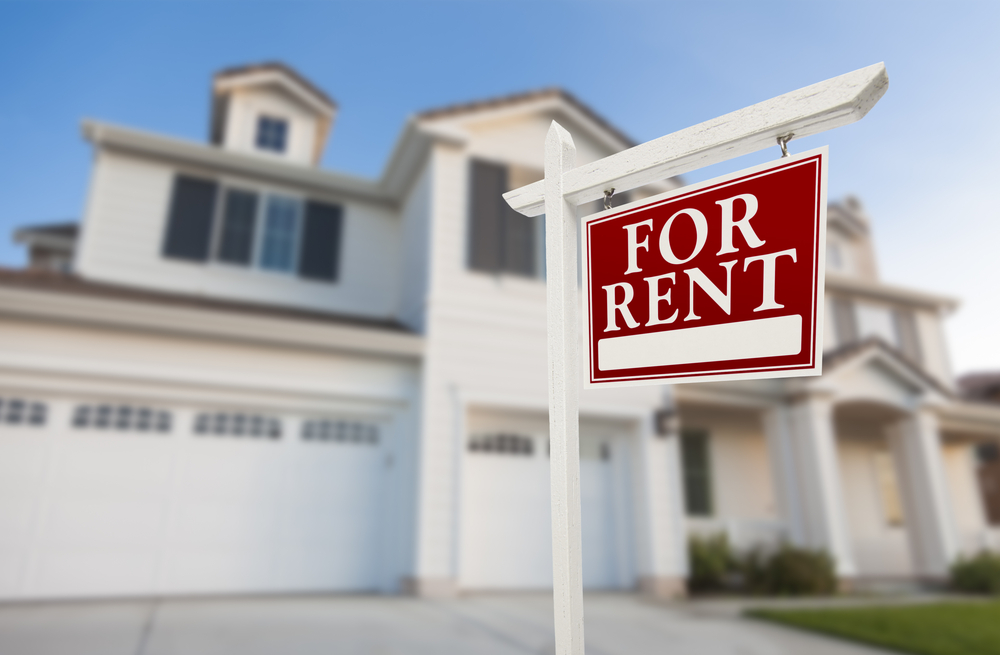What Are the Benefits of Rental Property Loans?
Rental property loans are an investment tool for people or commercial groups who want to purchase property that they plan to rent out rather than living in. Without a loan, you will need cash on hand to use this property investment strategy.
While they do have a cost, rental property loans, like Airbnb loans, offer key benefits to investors. Rental property loans:
-
Reduce your capital outlay: Even if you do have a significant amount of cash available, you might want to reserve that for other expenses. Rental property loans allow you to finance a property with only a down payment, which preserves your liquid assets.
-
Optimize your cash flow: Your investment cash flow is a critical measure of your financial health. Rental property loans give you a fixed monthly payment so you can streamline your expenses. This makes it easier to see how your property is performing.
-
Provide future investment potential: As with other property loan types, rental property loans might give you equity in the future. If you pay down your balance and the property’s value increases, you might be able to take out equity loans for other property purchases.
Rental property loans can be a great option for property investors, but there are a variety of loan types to consider before you start applying.
3 Types of Rental Property Loans That Might Work for You
There are hundreds, if not thousands, of financial institutions that offer rental property loans. However, rental property loans come in many shapes and sizes.
1. Conventional mortgages from a bank or other lender
If you already own a home or have done some research on homeownership, you might already be familiar with conventional mortgages. These are a great option for first-time homebuyers and property investors who want to work with either single-family homes or multi-family units.
A conventional mortgage is generally issued by a bank or other government-backed lender. These loans follow guidelines that are set by Fannie Mae, Freddie Mac, and the Federal Housing Authority (FHA). They require decent credit scores and some form of income to repay the loan.
2. Home equity loans or lines of credit on other properties
For property investors that already own a few pieces of property, whether they have a mortgage on them or own them outright, home equity loans or HELOCs might be an option. You can use the equity in your home to purchase another piece of property for rental income.
You want to be careful with this option as you are using your home as collateral for a home that other people will live in. This means your risks are a little bit higher than with a conventional mortgage. However, they are a great option if you have a solid approach to property management.
3. Blanket loans for investing in multiple properties
Some property investors want to purchase property on a massive scale. If you are looking for multiple properties that you intend to rent out later, blanket loans might be a good choice. Blanket mortgages are one loan for multiple properties that simplify the application process.
Blanket loans have some of the same features as conventional mortgages. For example, you might be able to secure additional blanket loans in the future by using the equity in your rental property. This makes them a lucrative choice for rental property loans.
Tips for Finding the Best Rental Property Loans
Rental property loans are a dime a dozen. Depending on the type of loan you want, you can find vacation rental property loans with several different financial institutions, both commercial and local. That means it can be hard to know where to start looking for them.
With the right approach, you can narrow down your choices for investment property financing using these simple tips:
-
Decide on the best type of loan: The type of loan you want will depend on your investment goals. You might prefer conventional mortgages if you want to operate on a small scale but prefer blanket mortgages for larger-scale needs. Location is also critical to the type of loan you receive.
-
Make a list of lending options: A list of your potential options is important. You can use this list to see which rental property loans might have the best rates and which ones you don’t want to apply for. Have your rental income projections handy to see how much value you get.
-
Compare all features and costs: This is a key step in finding the best rental property loans. You want to compare things like your APR, how long you’ll be paying back the loan, and any other fees the lender might be charging you.
This is certainly not glamorous, and it does take some time, but this is crucial to understanding whether your rental property loans will be profitable or not.
How to Choose the Right Rental Property Loans
With your list of top rental property lenders, you’ll want to do some calculations. Start by figuring out how much the loan will cost over the term, including all payments and any other fees. You’ll want to calculate the ROI based on your rental income projections.
Remember that the least expensive option might not be the best option for your needs. Figure out what your investment goals are to determine which rental property loans are right for you.
Want to know what your rental property loan options are? Rental Home Financing has a variety of loan options for different property investment needs.


 Investment property financing is a hot topic, but it can be difficult to determine the right financial vehicle for your property investment strategies. There are a variety of rental property loans that have different terms and features.
Investment property financing is a hot topic, but it can be difficult to determine the right financial vehicle for your property investment strategies. There are a variety of rental property loans that have different terms and features.